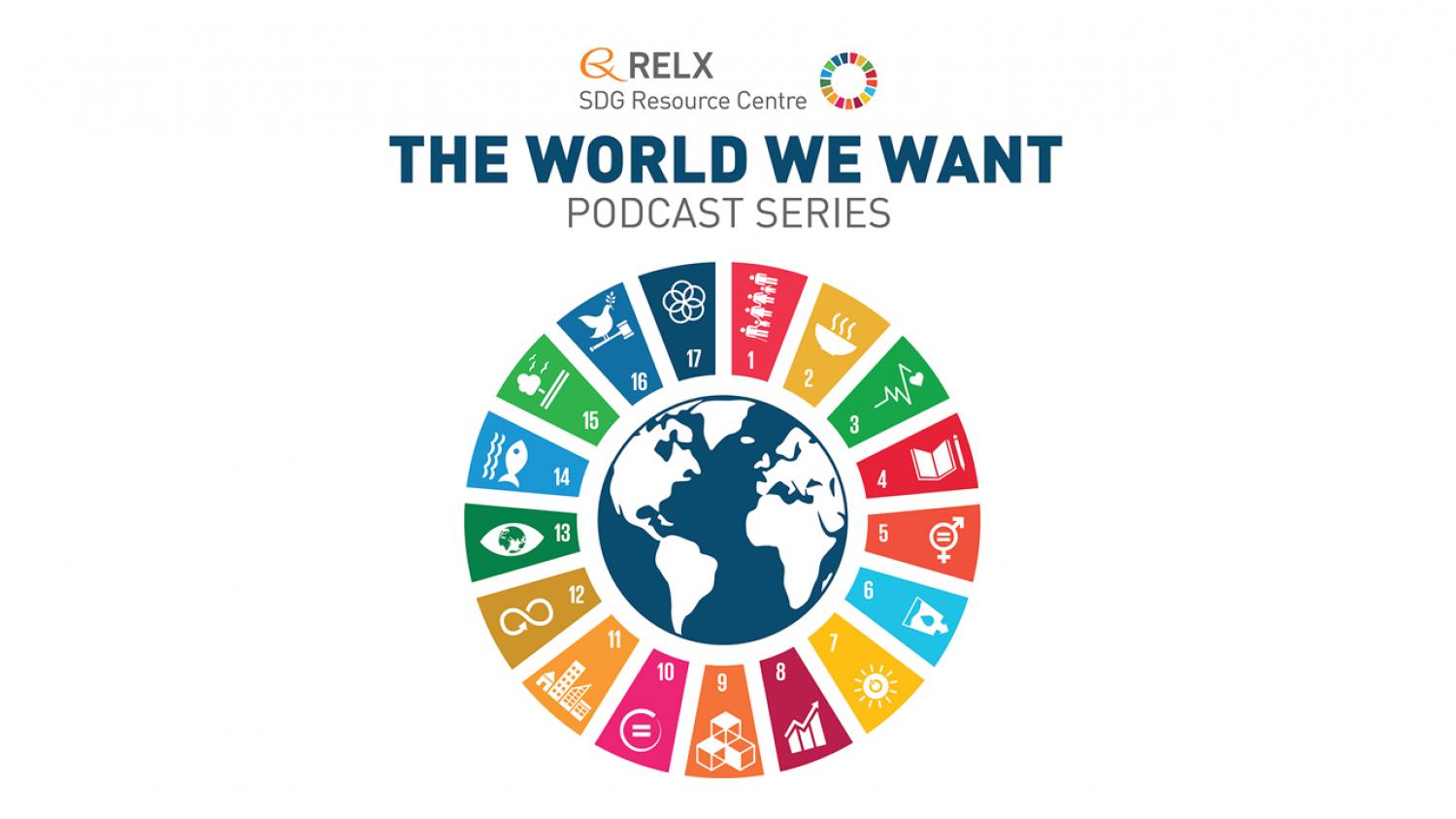This article describes how to make variables exogenous within International Futures integrated model to understand how forecasts created by others may interact with a broader set of outcome indicators like Shared Socioeconomic Pathways (SSPs).
In this episode of the "World We Want" podcast, Márcia Balisciano interviews three global experts, Ronald DiPippo, Andrew Chiasson, and Luis Carlos Gutiérrez-Negrín. Their book, the 2nd edition of Geothermal Power Generation, was recently published by Elsevier. They discuss the development and potential of geothermal energy as a reliable and sustainable energy source, and how their work aligns with the UN sustainable development goals.
This article is a Survey of industry 4.0 in Beyond the Sixth-Generation (6G) networks moving to sustainable, green IoE and efficient and emerging technologies to overcome sustainability challenges.
This text ties into SDG 13 (Climate Action) by focusing on innovative methods for CO2 capture using ionic liquids, which can help mitigate greenhouse gas emissions. It also relates to SDG 9 (Industry, Innovation, and Infrastructure) through the use of advanced computational approaches and generative models to accelerate the discovery and optimization of new materials.
This is the first study to report obesity treatment among immigrants in the US. The study evaluated the effectiveness of obesity treatment among immigrant women in primary care at safety-net academic health centers in the US.
"Celebrating Women in Process Intensification.
This special issue highlights and celebrates the diversity of career pathways of women in process intensification. This 1-page graphical abstract gives you an overview of key research highlights."
This content aligns with Goal 3: Good Health by sharing treatment and management strategies for post-partum women.
Marine conservation and sustainable fisheries require diversified funding sources to align with Sustainable Development Goals. This study examined seven Fisheries Improvement Projects (FIPs) and seven community marine reserves in Mexico, spanning 60 months.
Menstrual equity refers to the access to safe environments in which to menstruate, including bathroom facilities and clean water, as well as access to menstrual products that allow for the ability to go to school, work, and engage in life with dignity. Menstruation is a physiologic process, not a reflection of maturity or self-worth.
This content aligns with Goal 3: Good Health by providing state-of-the-art updates on treating and managing women with obesity.

